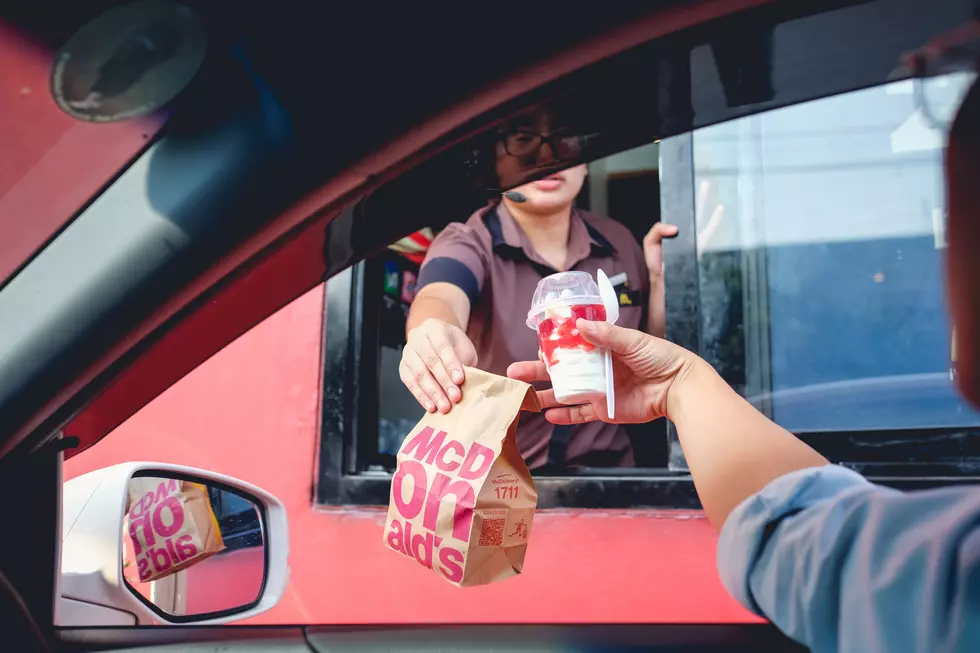
Should Michigan Fast Food Workers Make $20 An Hour?
In the last week, there's a good chance you've probably gotten fast food at least once. 1 in 3 Americans get fast food at least once a week, according to the CDC. Fast food was deemed an essential business during the COVID-19 pandemic, signifying how integral the fast food industry has become to the everyday American.
So when California passed a law making the minimum wage $20 for all fast food workers, a minimum wage that overrides the state's minimum wage of $16, it poses the question: should Michigan do the same?
California's New Law
Starting on April 1st, California's new law deemed that all "fast food restaurant employees" must be paid at least $20/hr. There are some requirements that need to be met in order for the restaurant to have to adopt the $20 pay:
- The restaurant must be considered a "limited-service restaurant", meaning it offers limited or no table service and customers order food or beverages before the items are consumed.
- The restaurant must be part of a chain of at least 60 establishments nationwide.
- The restaurant primarily sells food and beverages for immediate consumption.
There are many exceptions/caveats to this new law like fast food restaurants that primarily sell bread or restaurants inside other stores that you can read about in the official FAQ.
READ MORE: What Former Family Video Locations In Michigan Are Now
Should Michigan Adopt This Law?
Michigan is a very popular market for fast food, with Michigan being home to many of the fast food leaders like McDonald's, Wendy's, Burger King, and Wendy's. As of 2021, Michigan has the 7th most McDonalds in the country with ~530 locations. Chick-fil-A made quite the splash when it entered Michigan in 2016 and now has 29 locations across the state.
As previously mentioned, these workers were deemed essential during the pandemic, and even today how many people get their food daily. This is a very much in-demand product despite the known health risks.
Being a fast food worker is not glamorous work. Workers sometimes put up with the most unreasonable people. There are plenty of videos of customers freaking out, and in some cases attacking these workers for pay that can be not worth the risks they have to put up with.
Situations like these can deter people from working here. An incentive like this would be a good way to draw in more workers.
Potential Drawbacks
Two potential drawbacks of a price like this could be an increase in menu prices, which so far has not happened among the leaders in the fast food industry like McDonald's and Wendy's, but has been seen in restaurants like Burger King and In-N-Out. Were this to be adopted in other states, we could see prices increase more across the board.
Another unexpected result of this could be a lack of cafeteria workers at schools. These workers could now make far more working fast food than they could in schools. Schools are constantly on a tight budget and having to raise prices to compete with billion-dollar companies to retain employment could be a losing battle in the long run.
What do you think? Let us know.
These Five Tips Will Help You Save Money On Food
Gallery Credit: Tommy McNeill
Michigan's Most Iconic Fast Food Mascots
Gallery Credit: YouTube

